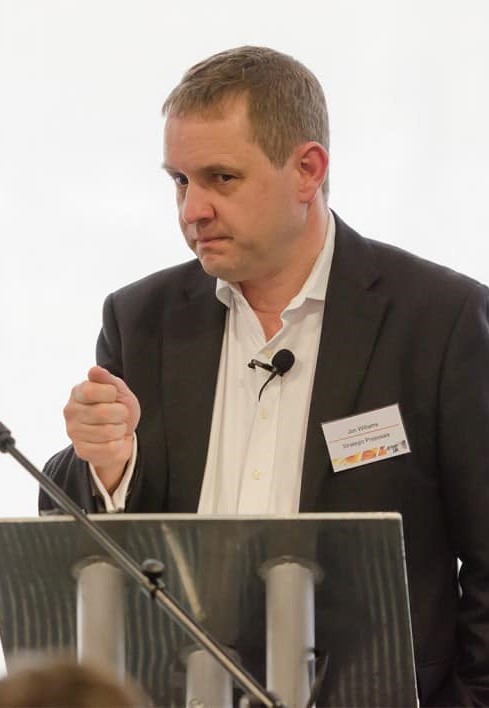The battle to connect my laptop to the antiquated projector had finally been won. The tables had been set; handouts, book, pen, paper neatly waiting for each participant. The clock ticked slowly towards the 9am start time. And I sat back and waited for the participants to arrive.
And waited. And waited.
By 9.20 I was panicking: I wandered to the reception desk in the client’s training centre. Had I come on the wrong day? Misread the timings? Had the team been diverted at the last minute to attend some major corporate announcement?
They smiled at me. “Don’t worry,” they said. “They’ll all be here soon.”
When the first attendees drifted happily in shortly after 9.45, they were horrified to find I didn’t have coffee. Off I was taken by my new-found friends, desperate to extend their hospitality.
We started eventually. The group were brilliant. We covered all we needed to, and more. And I was left feeling ever so… British. And not necessarily in a good way.
—
I’ve worked face-to-face with bid and proposal teams in over 35 countries. So much of what we do as professionals is eminently transferable around the world, across different sectors: perhaps 80%? What fascinates me is the 20% that isn’t. Clients’ decision-making processes and the role of the proposal within the sales cycle. The tone and structure of your content. The way in which you engage your team – and the expectations you might have of them. Their expectations of you.
There’s a quote I love from a Management Today article some years ago: “Just because you’ve gone on holiday there once, doesn’t mean you know the culture.” Getting to grips with this requires humility, flexibility and hard work.
So if you’re thrown into the deep end of a bid, leading a team from a different culture, what might you do? Here’s a quick plan – based on hard-earned experience, rather than any formal academic research:
- Talk to colleagues who’ve worked in that country before: what worked well for them, what surprised them, and what cultural howlers did they make?
- Talk to the members of the team you’ll be working with: have an open, honest conversation about how people tend to operate, what works for them – and what might surprise you about one another. (Some self-deprecating humour might come in handy here).
- Read! Aside from online resources about countries and cultures, I’d highly recommend Erin Meyer’s quite brilliant book The Culture Map: Breaking Through the Invisible Boundaries of Global Business.
- Understand how decisions are taken. If you’re used to collaboration and your team on the bid expects more authoritative leadership, that’s a recipe for inaction.
- Think individuals, not just the collective. Connect with people: what’s happening in their world outside this bid?
- Slow down. Communicate clearly and simply, and test understanding: ask team members to play things back to you, rather than assuming they’re on board.
- Check in regularly with the team. Seek feedback – while understanding that some cultures are more direct in sharing views than others. And encourage early escalation, especially with groups for which that might not come naturally.
- Write appropriately for the client. More confident and assertive, or more humble? Use simpler terms and shorter sentences with more graphics if evaluators might be reading in their second (or third, or fourth!) language.
- Where contributors aren’t writing in their first language, use editors to take away the fear of crafting the words. And be careful of misplaced colloquialisms: use a local editor for at least the final review. (Hey, I don’t even speak American!)
- Thank people. (When did you last send a hand-written note, thanking contributors for their work on a proposal?)
And finally: enjoy! When I look back on my career, am I more likely to remember those cold, wet afternoons in Manchester – or those workshops in Shanghai? You can probably guess – with no offence to any Mancunians who might be reading! If you can engineer opportunities to broaden your perspectives, go for it! We’re so very lucky to work in a profession where that’s entirely possible.
Jon Williams
Jon and his team work with clients worldwide to help them establish winning proposal capabilities and to capture major deals. He has built and led numerous bid and proposal centres; managed, reviewed and benchmarked countless proposals; worked in over 35 countries; and trained many thousands of course participants.
